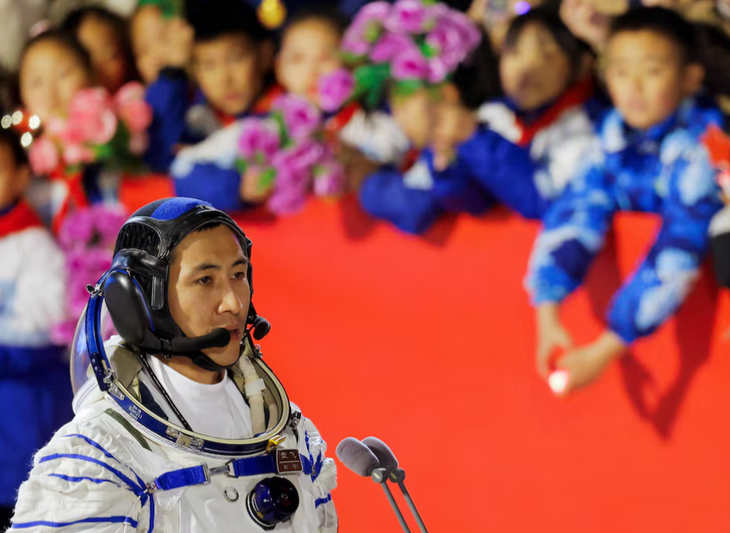
Astronaut Wu Fei attends a ceremony before his flight to the Tiangong Space Station on October 31 - Photo: REUTERS
According to Reuters news agency, on October 31, China's Shenzhou-21 spacecraft was launched by a Long March-2F rocket from the Jiuquan Satellite Launch Center, northwest China.
At 4:58 a.m. on November 1 (local time), the Shenzhou-20 crew opened the door to welcome Shenzhou-21, marking the seventh "space meeting" and the first reunion between the two commanders in three years.
The Shenzhou program typically has three astronauts on station for about six months, and there is a trend toward replacing veteran astronauts with younger faces.
On this flight, the two astronauts who entered orbit for the first time were Zhang Hongzhang (39 years old) and Wu Fei (32 years old), selected since 2020, and are also the youngest Chinese people ever to fly into space.
Commander Zhang Lu (48 years old), who participated in the Shenzhou-15 mission in 2022, is the leader of the Shenzhou-21 crew.
According to Xinhua, the Shenzhou-21 crew will take over the Tiangong Station from Shenzhou-20, who have lived and worked on the station for more than six months.
During the handover phase, six astronauts will stay on the station together for about five days to complete their tasks. The Shenzhou-20 crew will then return to Earth.
Also accompanying the Shenzhou-21 crew are four black mice, the first small mammals to be sent to China's space station. They will participate in reproductive experiments in low Earth orbit.
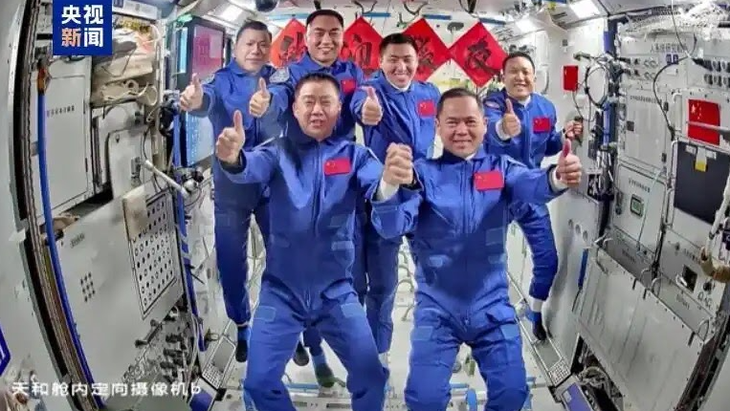
The two crews of Shenzhou-20 and Shenzhou-21 took a photo to commemorate their meeting - Photo: CCTV
The Shenzhou program currently maintains two launches per year and continuously sets new milestones: sending the 9X generation of astronauts into space, conducting a record-breaking spacewalk, and preparing to send the first foreign astronaut (from Pakistan) to the Heavenly Palace next year.
These rapid steps have worried Washington, as the US is speeding up to return astronauts to the Moon before China.
Competition is not only taking place in space but also at the institutional level: the US leads the Artemis Accords on lunar exploration, while China and Russia push for a rival project – the International Lunar Research Station (ILRS).
According to CCTV, during their six months working on the Tiangong Station, the three astronauts Zhang Lu, Wu Fei and Zhang Hongzhang brought with them not only research equipment but also items that were spiritually attached to them.
Ngo Phi brought pictures of his wife and children and a toy cake to celebrate his teammates' birthday in space. Truong Hong Chuong prepared equipment for his own experiment.
In particular, Commander Truong Lo brought along calligraphy tools and a harmonica. He shared: "Writing helps me relax and calm my mind. I want to bring the beauty of traditional culture into space, especially during the Lunar New Year."
Source: https://tuoitre.vn/trung-quoc-dua-phi-hanh-gia-tre-nhat-len-tram-thien-cung-20251101094920477.htm






![[Photo] Prime Minister Pham Minh Chinh chairs the second meeting of the Steering Committee on private economic development.](https://vphoto.vietnam.vn/thumb/1200x675/vietnam/resource/IMAGE/2025/11/01/1762006716873_dsc-9145-jpg.webp)



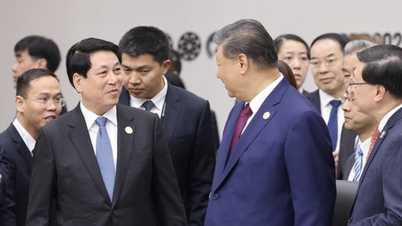

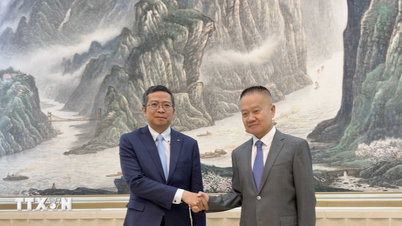





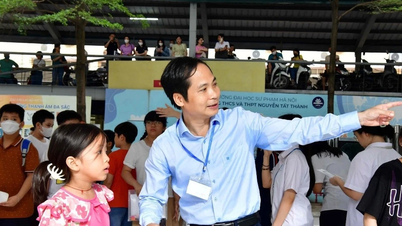

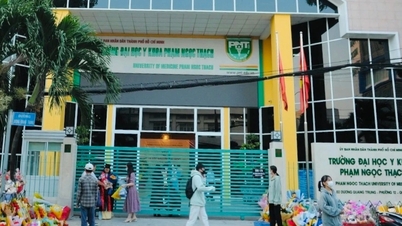



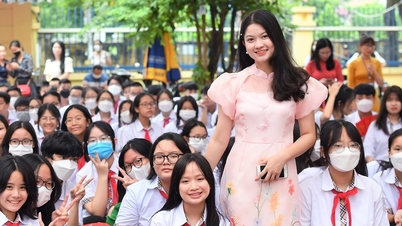

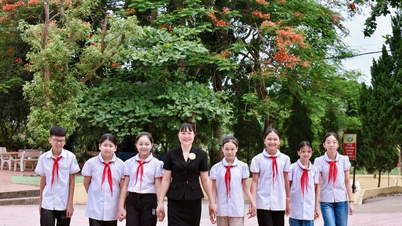









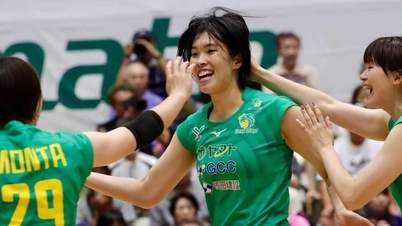
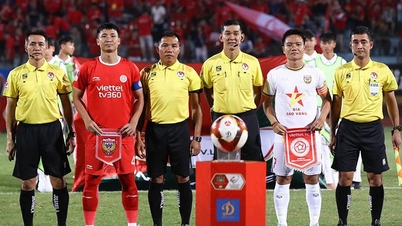



































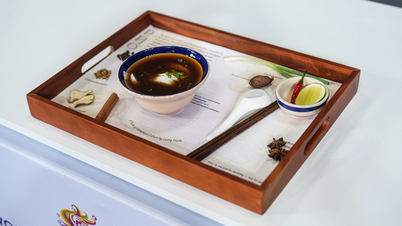

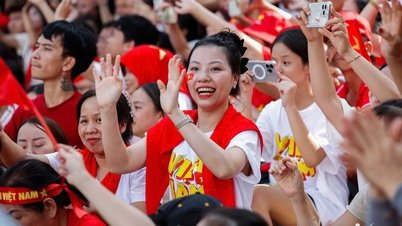

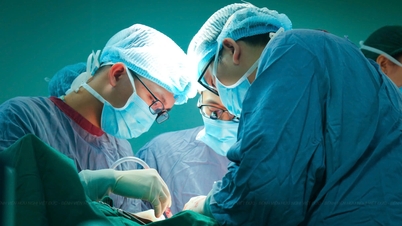



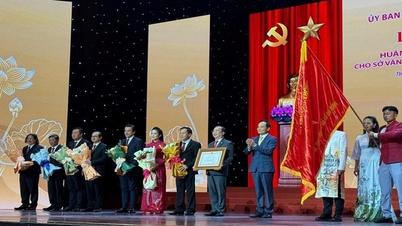

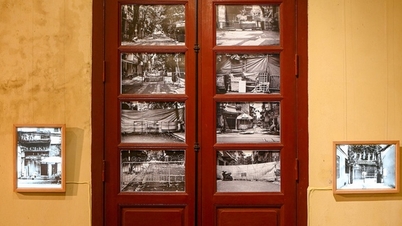










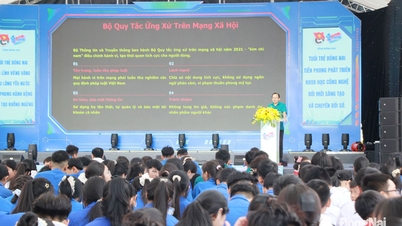
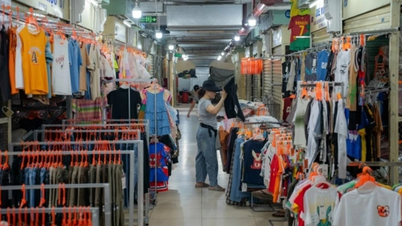

















Comment (0)